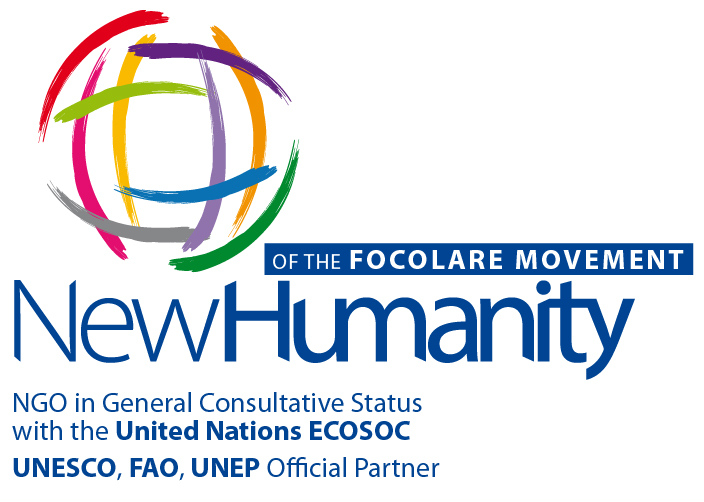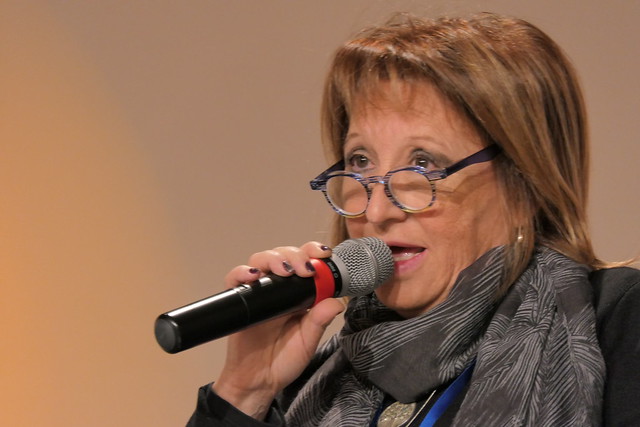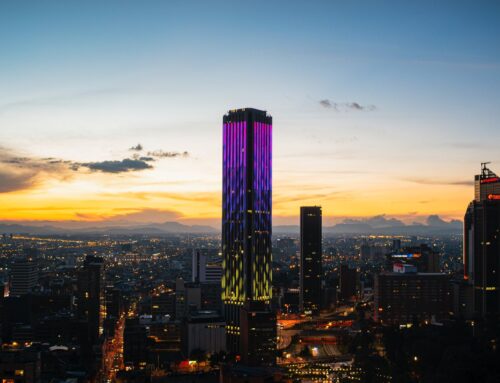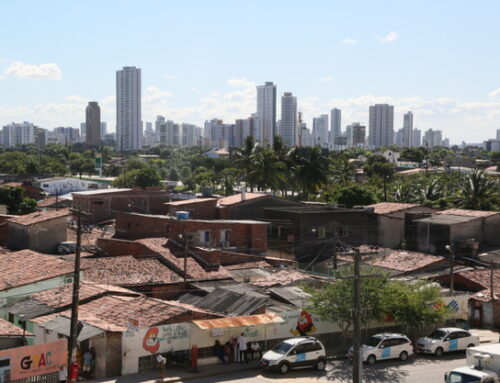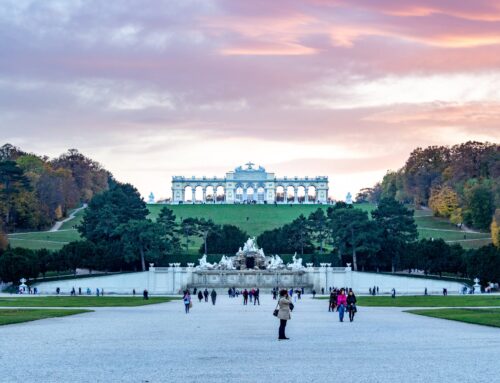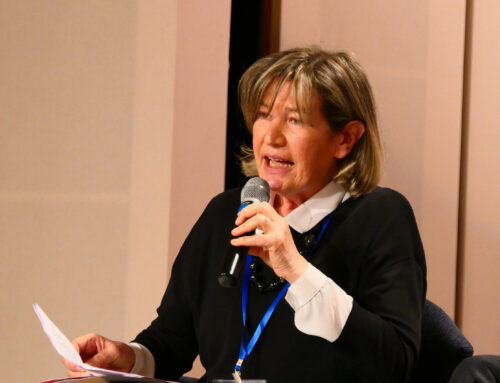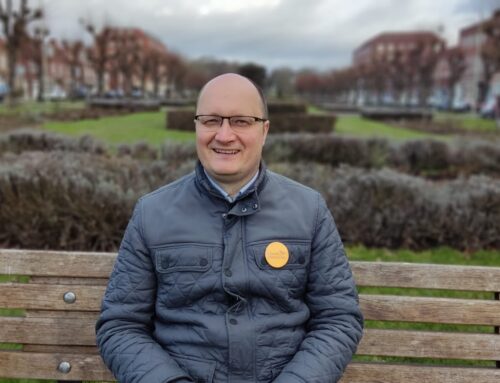Amelia López. Córdoba, Argentina
Photo credit: Thomas Klann – Copyright CSC Audiovisivi
When in Cordoba, in 1985, with the Pastoral Care of the Catholic Church I collaborated in organizing the first National Youth Congress that brought together 120,000 boys and girls from all over Argentina with the motto “Together let us build a country of brothers.” Our country was coming out of decades of dictatorship: 30,000 desaparecidos (forced disappearances), a vast night… Like many other young people, I too felt the desire to “turn the page.” It was up to us to heal those deep wounds, and I realized that politics was a high way to express my passion and transform reality.
I took my first political steps in the intermediate professional organizations while the democratic climate was flourishing again in the country; not without difficulty, of course, both as a young person and as a woman. I worked in education and health care. After some time I was hired by the National Ministry of Education and, since other people from the Focolare Movement also worked there, a strong bond was created among us that allowed us to share our professional journey day by day. The news that Chiara Lubich had gathered politicians from all over the world in an international movement in those very months also motivated us.
I had begun to engage in a party within my province, Córdoba, in various capacities; a few years later I was appointed as the Minister of Education for the province. There were important problems to be addressed, and to do so with prudence and firmness but also with empathy, was a difficult challenge, I would say, which required me to seek inspiration in a decisive political principle: fraternity.
I told myself that every decision opened or closed a door: the possibility for many either to access the right to study and formation, or not. I constantly sought to reconcile the interests at stake, all the more so when they conflicted, and to give responsibility above all to those who were in the classroom every day: to the teachers, the students….
It was this experience, which led to my election to the Chamber of Deputies. The legislative exercise was a new training ground: learning to choose dialogue, but also to disagree while respecting the opponents’ positions, to accept the slow construction of consensus on fundamental laws such as that for national education, to listen to citizens… The exercise of power from a perspective of service has made me get to know the many faces of political action, including the pain, with the inertia of the system, the pressures. The continuous confrontation, support and even corrections from those who shared my ideals were fundamental.
Five years ago, the Parliament of Córdoba elected me, with the vote of both the ruling party and the opposition, Defender of Child and Youth Rights, an institution provided for by the UN Convention on children’s rights to guarantee and promote children and adolescent access to fundamental rights, preventing violations and monitoring public policies. Two months ago, I was elected for the second time. It is an exciting responsibility to be able to give these young citizens a voice, putting tools and resources in place so that they can truly participate.
The problems of contemporary society have a dramatic impact on them, and politics’ adult-centered gaze significantly hinders the goals set forth in international treaties. Abuse in all its forms, the multidimensional poverty that affects them, family conflicts, addictions, digital violence, forced migration… It is a scenario that weighs on the stories of so many children and young people, putting both their present lives and future at risk.
Among the first experiences in which children and young people have been protagonists, with effective dialogue between generations and with the political institutions in the cities, I recall the “peace cube,” and the “neighborhood tables.” With games and artistic moments they expressed ideas and concrete commitments while teachers, parents, neighborhood leaders engaged with them. Today, in two cities, the “cube” is publicly displayed to remind us that politics is the home of peace and that the cities we build for children and young people are more likely to become cities for everyone. I think I can say that it is a new model of governance that is making its way through a Pact of inclusive citizenship, generating spaces and tools that are effectively democratic.
Early childhood rights are one of the main major issues of political advocacy, especially in the current situation of isolation caused by the pandemic. Tools for collective monitoring and learning already exist, but we needed a step forward, a strategic program that would engage the entire Province. For this reason we started a participatory process to identify the most urgent problems as well as define goals and coordinated actions. It is a new experience of networking, and therefore of co-responsibility, that today engages the provincial legislative and executive bodies, representatives of national organizations, civil society, the academic world and professional organizations. The cooperation that has been activated, overcoming different ideological visions, is better able to respond to both daily and structural problems, and now the strategy also involves mayors at the local level, so that no child, no family is left alone in the face of difficulties.
It is clear that we must face and resolve prejudices at the institutional level, the tensions and jealousies inherent when working on an innovative and complex project. This digging deep into our relationships is a work that never ends, but guides us as we develop more flexible, diversified responses, and give space to the voices of all citizens, who must be the true subjects of fraternal politics.
When the difficulties get more raw, I wonder if I am just naive… but then I go back to my initial choice, to that great passion that made me dream of building a country of brothers and sisters: there have been successes and mistakes, but there is still a strong conviction, the conviction I saw in Chiara. In her life I saw that it is possible to take on the pain of others and carry it together, according to the possibilities we have, but without giving up.
This experience was presented during the international convention CO-GOVERNANCE co-responsibility in cities today, January 17-20, 2019
Panel 2 – Megacities and villages around the world: why identity and interconnectedness are both important today

